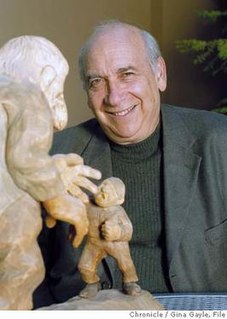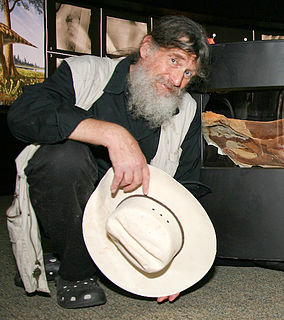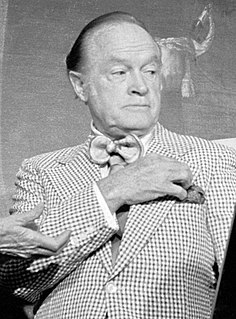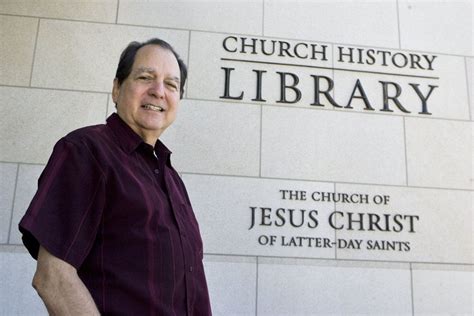A Quote by Alan Dundes
My academic identity is that of a folklorist, and for many years I have taught only folklore courses.
Related Quotes
I took art courses, only in the sense that I was able to - I took art classes, which were fun, which I liked, but it was a - just a kind of a general education that I got, a regular academic - academic diploma, but I kind of had the feeling that art was something that I really liked the most but I wasn't really sure that that was it.
Common sense is not something rigid and stationary, but is in continuous transformation, becoming enriched with scientific notions and philosophical opinions that have entered into common circulation. 'Common sense' is the folklore of philosophy and always stands midway between folklore proper (folklore as it is normally understood) and the philosophy, science, and economics of the scientists. Common sense creates the folklore of the future, a relatively rigidified phase of popular knowledge in a given time and place.
The issues involved are sufficiently important that courses are now moving out of the philosophy departments and into mainstream computer science. And they affect everyone. Many of the students attracted to these courses are not technology majors, and many of the topics we discuss relate to ethical challenges that transcend the computer world.
Yes, I spent two long years, traveling all over the United States, all over Europe, interviewing many, many, many people who had been thrown out of their academic jobs because they taught that there was a possibility of life coming from something other than Darwinism, who thought that possibly random selection and mutations didn't account for the universe, didn't account for gravity, didn't account for why nobody had ever seen an individual species evolve - no one's ever seen an individual species evolve!































